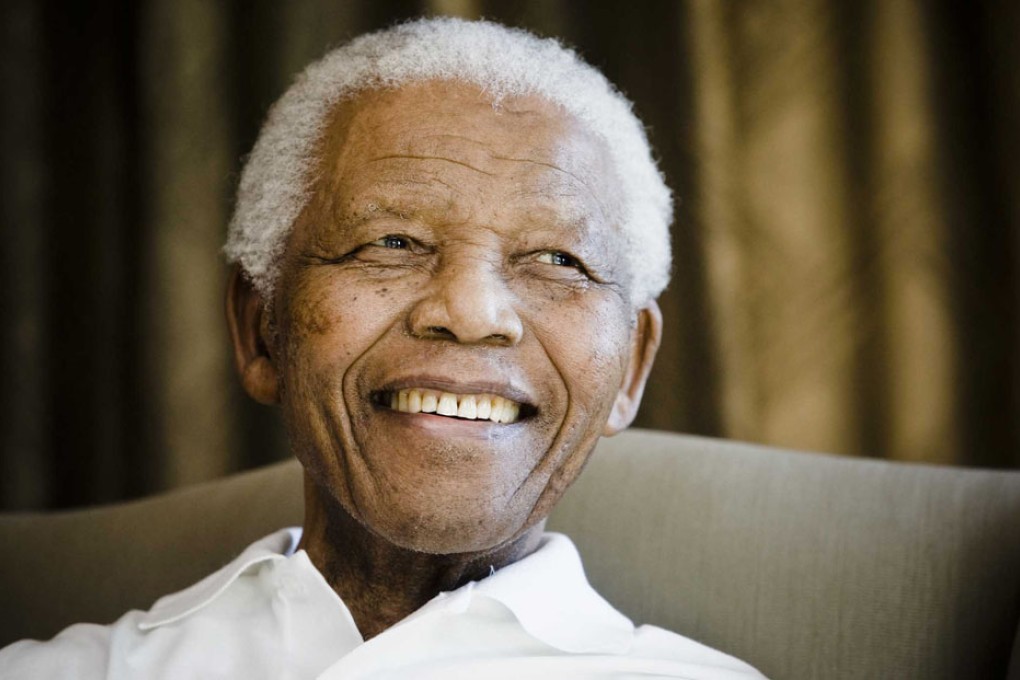Sometimes the fight against might is the way to justice
The lessons learned from Nelson Mandela are values that give law its legitimacy and authority

Simone Weil, an influential French philosopher, once remarked: "He who knows the empire of might and how not to respect it is capable of love and justice." Might, according to Weil, turns a human being who is subjected to it into a thing.
Lawyers may not find her remark valid and convincing. After all, Weil was a philosopher whose primary concern was humanity rather than the operation of rules.
To lawyers, justice is achieved through law. And law, as part of the state and government function, is backed by force. The existence of such order precedes resolutions. Respect for the law is therefore a basic requirement of the rule of law. Disrespect of authority, in the realm of law, will not strike a chord among lawyers. Justice is not done through disrespect.
But what if the law has deteriorated into an unjust order? And the authority of law regressed to sheer might, failing to serve the fundamental purposes of justice and equality? Is being respectful to such an order still justified? Can disrespect open a pathway to love and justice? Only if we know the nature of might, Weil would suggest. And the way of Nelson Mandela is, perhaps, the best personification in our time.
Mandela sought to end apartheid, which had turned South Africa into an immoral and unjust order. He was charged with sabotage in 1964 due to his leadership of the anti-apartheid movement - a charge punishable either by death or life imprisonment.
Unbowed before his state threatening him with death, Mandela delivered his famous defence from the dock, firmly grounded on moral grounds - freedom, justice and equality. "I am the First Accused … I practised as an attorney … I am a convicted prisoner," he began his defence. Then he denounced the unjust charges against him, accused the white South Africans of tyranny and oppression and justified the use of violence by the opposition as an inevitable last resort to defend civilised values in a country ruled by force and in which all legal means to seek change were closed.
